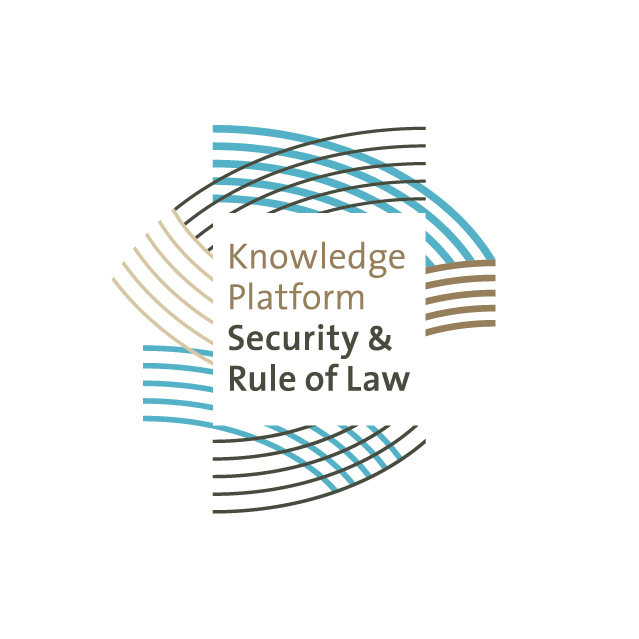On the 12th of January 2017, the Secretariat of the Knowledge Platform Security & Rule of Law and the Ministry of Foreign Affairs of The Netherlands organized a meeting on Strategic Communication and Countering Violent Extremism (CVE). The meeting was part of the Ministry of Foreign Affairs “Home Coming Days” for Regional Security Coordinators, and aimed to bridge connections among Dutch military and civilian actors that use strategic communication, in various forms and fields, to counter violent extremism.
Strategic communication and countering violent extremism
The starting point for the meeting was defining what strategic communication is, how it can be used to counter violent extremism, and what challenges and opportunities exist for its use in different contexts.
Dr. Haroro Ingram of the Australian National University and the International Center for Counter-Terrorism (ICCT) in The Hague built on recent ICCT publications to describe how to develop effective strategic communications. While technology helps disseminate extremist messages more widely, Ingram argued, the reason these messages spread is because they resonate with target audiences. Strategic communication can work to dismantle or discredit these narratives.
The ineffectiveness of Western counter-messaging strategies allows extremist messages to prevail. To this end, Ingram suggested three interrelated principles to improve the success of strategic communication campaigns:
1. Diverse (in means and media) messaging, to reach a wider audience.
2. Messaging falls under the umbrella of an overarching, grand narrative to prevent the semblance of ad hoc messaging.
3. Consistency of messages across all means of communication to retain focus on a specific objective and avoid alienation of audiences.
Lt. Col. Johan Koers presented on the challenges of working with (international) partners that maintain diverging narratives. Differences between military and civilian approaches, or the approaches of different countries working in coalitions, can hinder the overall effectiveness of strategic communication efforts. These differences, Koers argued, lead to unequal balances in sharing stories of success. For example, military successes are often easier to communicate than civilian successes. Koers again highlighted coherence in national and international messaging strategies as a condition for success.
Mr. Mourad Saidi shared insights into the Ministry of Social Affairs’ preventative measures against violent extremism. Mobilizing counter-narratives is a part of these efforts, although doing so remains a challenge. Saidi cited the emotional and moral appeal of extremist narratives, often communicated through the media, as particular obstacles to strategic communication. Key learnings accentuated by Saidi included, again, the necessity of consistent messaging and the notion that credibility of the messenger is a strong determinant of success. To this end, Saidi argued that working with civil society actors, and in foreign contexts perhaps local leaders, that enjoy more credibility in communities can spur effectiveness of strategic communication.
Learnings from groups discussions
· Double standards and the “say-do” gap, the perceived disparity between Western countries’ words and deeds, breed and feed extremist narratives. Addressing and altering those perceptions should be a priority;
· Working with a broad range of actors in media, government, entertainment, civil society, and, crucially, credible local actors, can enhance strategic communication efforts in terms of reach and legitimacy;
· Access to (information about) previous strategic communication efforts can and should be improved. Lessons learned, tips and tricks, and contacts should flow between strategic communication actors – for example through an active and diverse network;
· Consistency is key! Throughout all the discussions, the need for consistency of messaging was a central factor to improving strategic communication.
Strategic Communication & Countering Violent Extremism: The value of an integrated approach’




